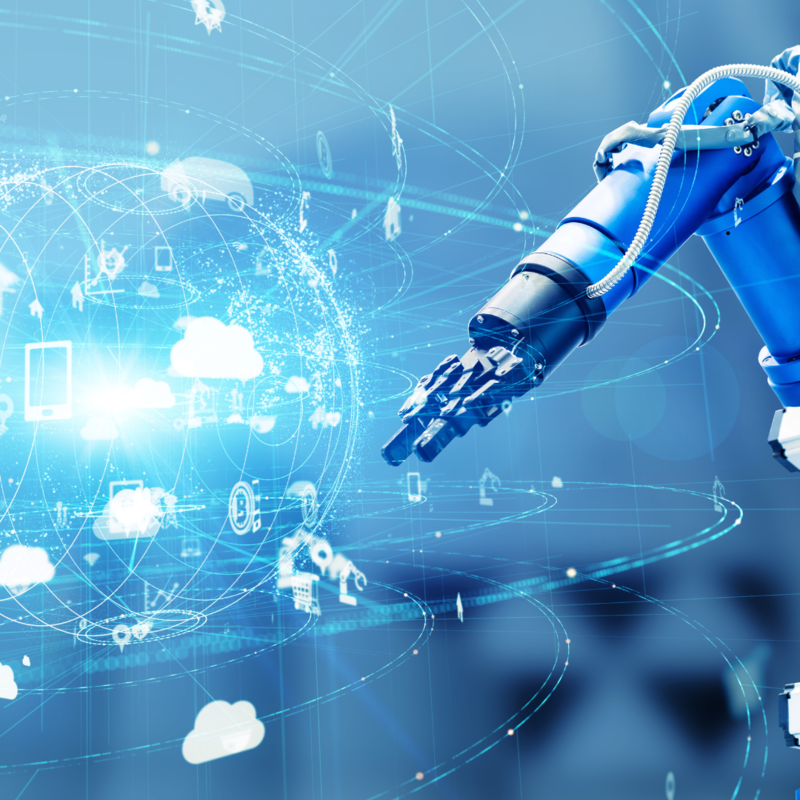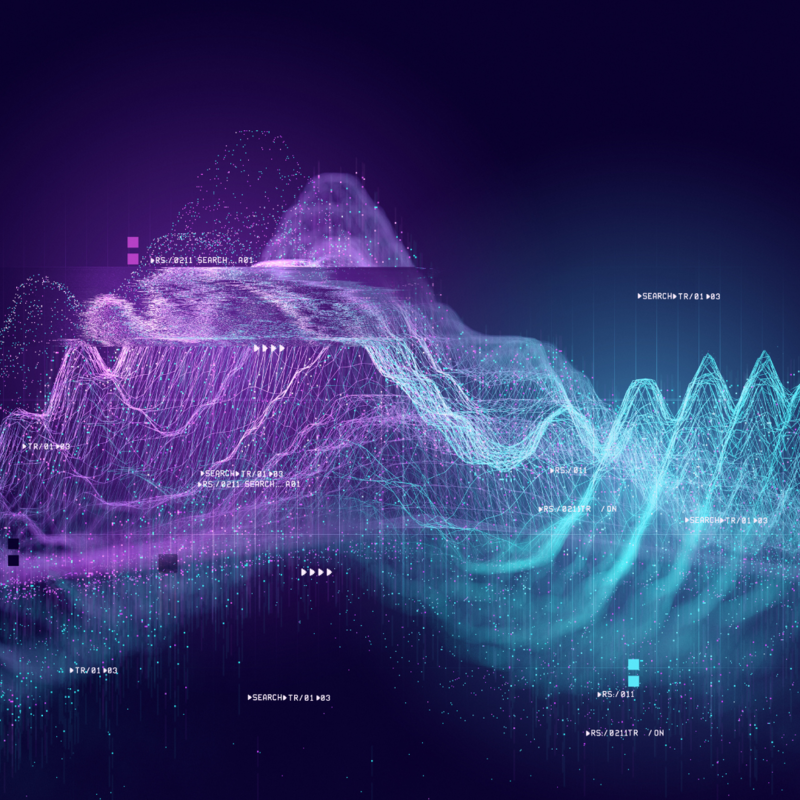Artificial Intelligence: Unlocking Opportunities While Navigating Challenges
September 30, 2024
Artificial Intelligence (AI) is no longer a futuristic concept confined to the domain of science fiction. It has become a driving force behind innovation across industries, revolutionizing the way organizations operate and compete. From automating routine tasks to delivering personalized customer experiences, AI is reshaping the business landscape in unprecedented ways. However, with immense potential comes equally significant challenges, particularly in the domains of ethics, privacy, and security.
In this article, we’ll explore the transformative power of AI, the risks it presents, and how organizations can strategically harness AI while safeguarding against emerging threats.
The AI Transformation: Beyond Automation
At its core, AI enables machines to learn from data, adapt to new inputs, and perform tasks previously thought to require human intelligence. This capability has led to breakthroughs in multiple sectors. Healthcare providers use AI-driven diagnostics to improve patient outcomes, financial institutions rely on AI to detect fraud in real-time, and logistics companies deploy AI to optimize supply chain efficiency. As AI technologies continue to mature, the scope of their applications is expanding.
Consider the case of autonomous vehicles. AI systems are enabling cars to make decisions with minimal human intervention, potentially reducing traffic accidents and transforming transportation. In retail, AI algorithms are reshaping customer engagement through personalized recommendations, predictive analytics, and inventory management.
However, as AI permeates deeper into business operations, it’s not without its complexities. While AI offers a competitive edge, it also introduces challenges that demand strategic oversight, particularly around how organizations manage data, ensure ethical practices, and address cybersecurity risks.


Navigating Ethical and Privacy Challenges
One of the most pressing concerns in the adoption of AI is ethical responsibility. AI systems are only as unbiased as the data they’re trained on. If the data contains biases—whether based on race, gender, or socioeconomic status—those biases can be reflected in AI-driven outcomes. This has serious implications for businesses, from reputational damage to potential regulatory scrutiny. The key to mitigating these risks lies in ensuring transparency, accountability, and fairness in AI decision-making processes.
Data privacy is another area of concern. AI thrives on data, often large volumes of personal information, which raises questions about how that data is collected, stored, and used. In an era where consumer trust is paramount, organizations must balance the use of AI-driven insights with the need to protect sensitive information. Compliance with regulations such as GDPR and CCPA adds another layer of complexity, requiring companies to implement robust governance frameworks that safeguard both customer data and corporate integrity.
AI and Cybersecurity: A Double-Edged Sword
As AI becomes more ingrained in business operations, its role in cybersecurity is both a strength and a vulnerability. On the defensive side, AI has proven to be a powerful tool for detecting cyber threats in real time. Machine learning algorithms can analyze vast amounts of data, recognize patterns, and identify potential attacks before they cause significant damage. These systems are capable of responding to evolving threats faster than any human team could.
However, just as AI is being used to fortify defenses, it’s also being weaponized by cybercriminals. AI-driven malware can adapt and learn, making it harder for traditional security systems to combat. Moreover, AI systems themselves are vulnerable to adversarial attacks, where malicious actors exploit weaknesses in algorithms to manipulate outcomes or breach security systems.
For businesses, the convergence of AI and cybersecurity presents a unique challenge: how to leverage AI to protect against increasingly sophisticated threats while also ensuring that AI systems are secure. This requires a proactive approach, where organizations continuously update and refine their security strategies to keep pace with both technological advancements and emerging threats.

As AI continues to redefine industries, the need for a nuanced approach to its implementation is clear. Business leaders must embrace AI’s potential while remaining vigilant about the risks it poses. A strategic approach to AI adoption should include ethical oversight, a robust privacy framework, and a comprehensive cybersecurity strategy.
To dive deeper into the intersection of AI and cybersecurity, AIU is hosting the second annual AI & Cybersecurity Forum, where industry leaders, cybersecurity experts, and AI innovators will come together to discuss the future of these transformative technologies. The forum will feature interactive sessions, hands-on workshops, and expert panels focused on how organizations can effectively navigate the opportunities and challenges that AI presents in a digital-first world.
Don’t miss this opportunity to engage with the thought leaders shaping the future of AI and cybersecurity. Stay tuned for more details, and prepare to be part of the conversation that will shape the next chapter of technological advancement.

